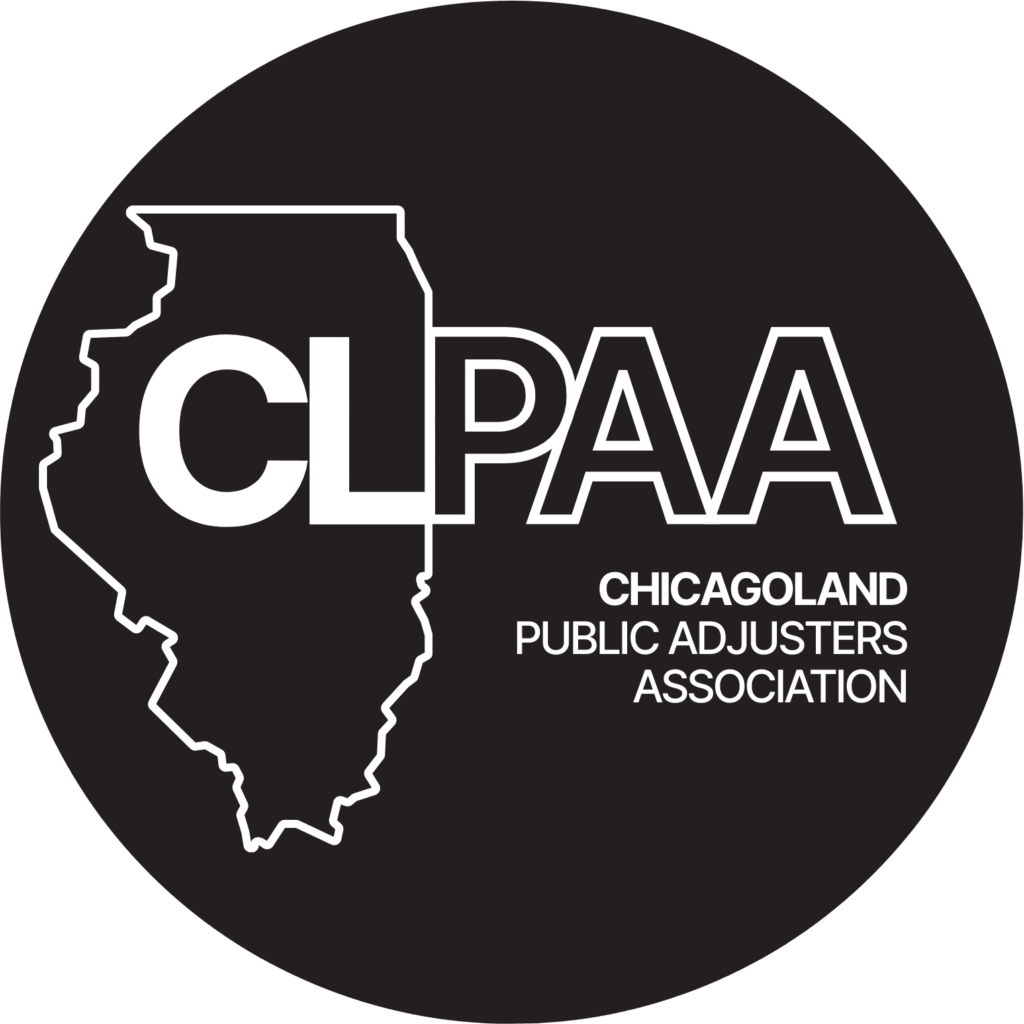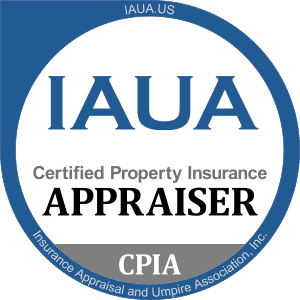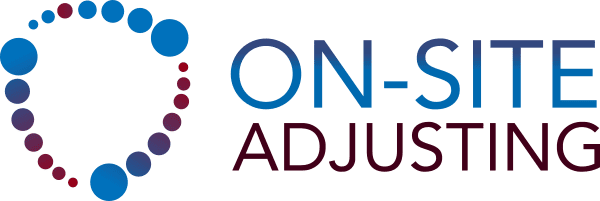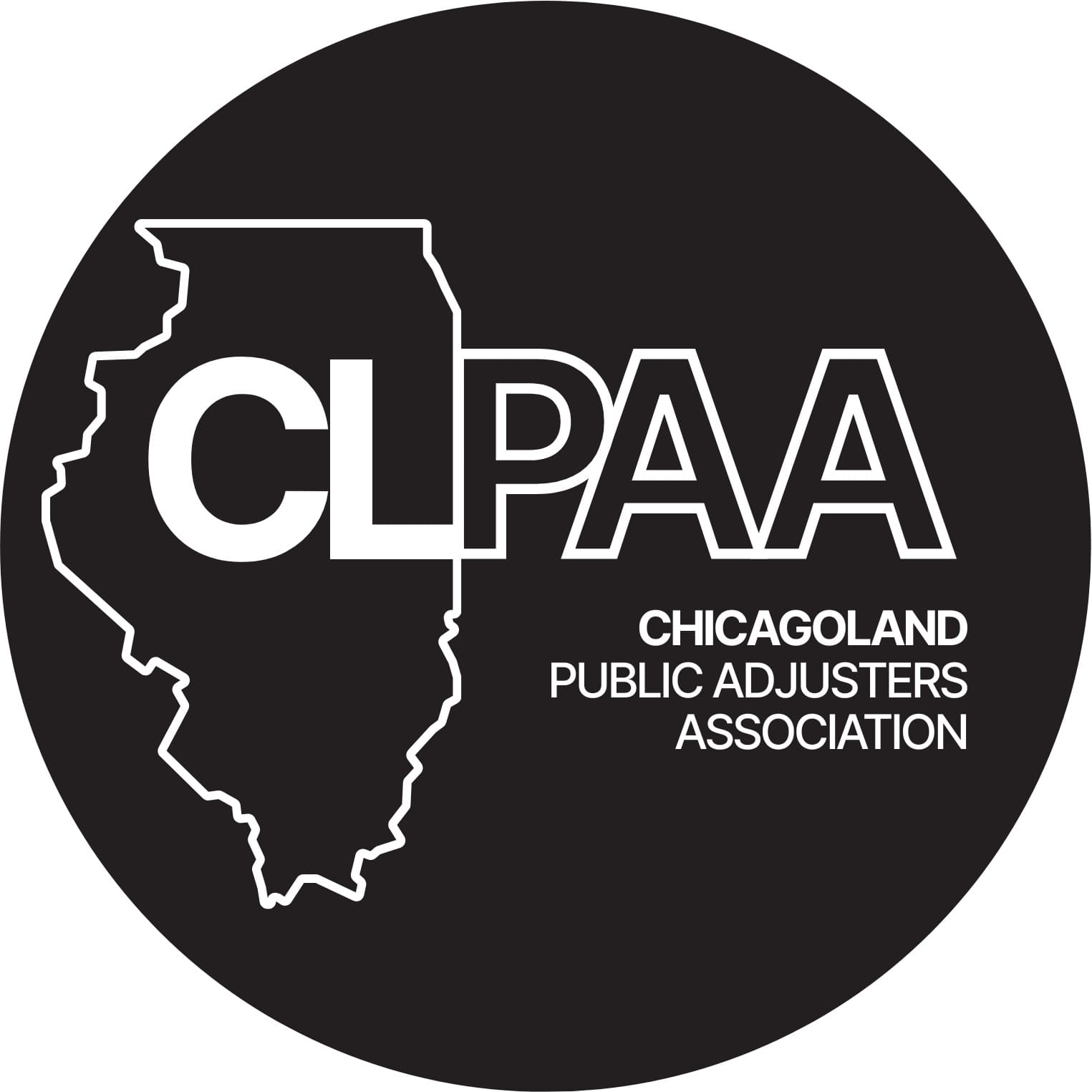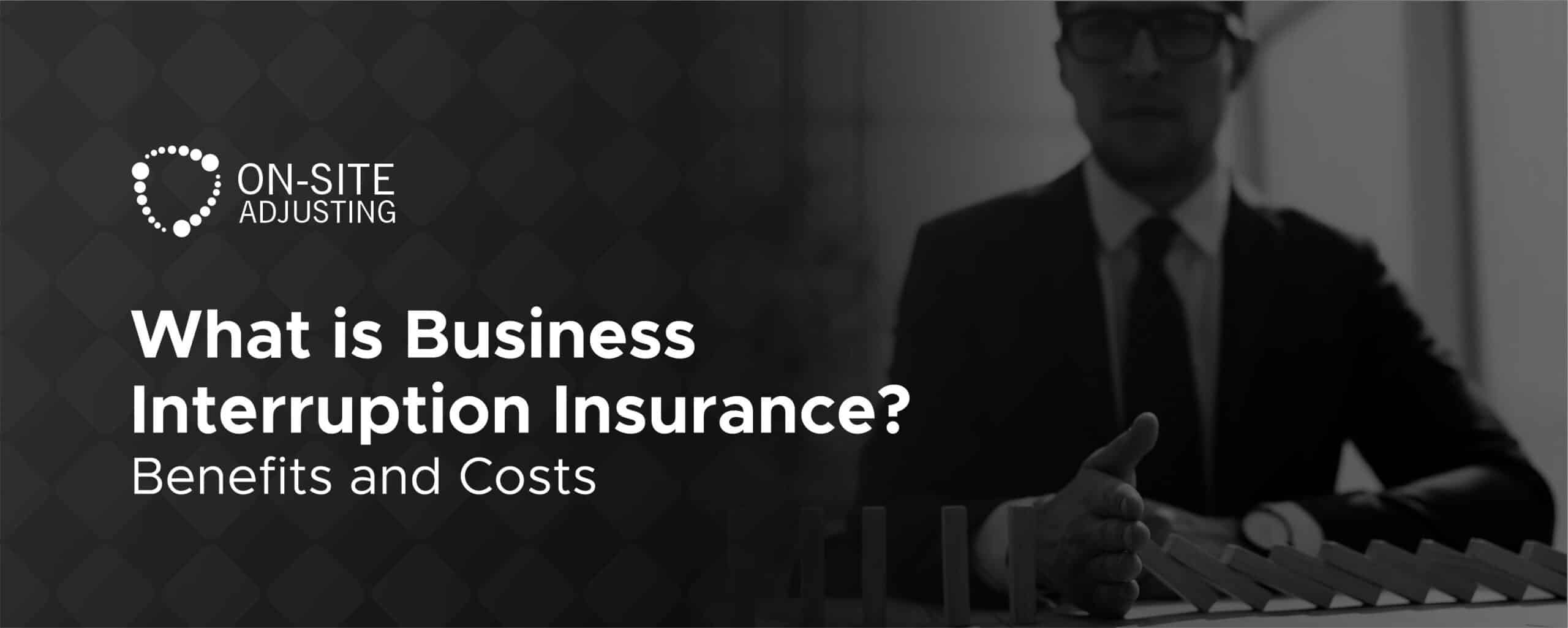
Did you know that over 20% of businesses do not reopen after a disaster? Your business could easily be a part of that statistic if you do not have adequate protection. Business interruption insurance gives your business the chance to bounce back after facing unexpected problems.
This article will break down the coverage that an average business interruption policy will grant you. Additionally, you will learn the types and cost estimates of a business interruption policy.
What is Business Interruption Insurance?
Business interruption insurance reimburses lost profit for a period after a business suffers a disaster. For example, imagine a storm damages your hardware store. It’ll take four weeks for the restoration company to repair the building. If you have a business interruption policy, your insurer will pay you the income you would have earned during that time.
You should know that your coverage will only apply if the interruption is a covered peril. For instance, many insurance policies do not cover acts of terrorism. Therefore, if a terrorist attack were to interrupt your business, your policy would likely not apply.
Types of Business Interruption Insurance Coverage
Insurance coverage varies depending on what policy you purchase. Here are some common business interruption insurance coverages:
Increased Cost of Working
This coverage may also be referred to as extra expense coverage. It covers the additional or increased cost of running your business elsewhere to minimize loss. For instance, you may rent an office space or relocate your business equipment to a new location.
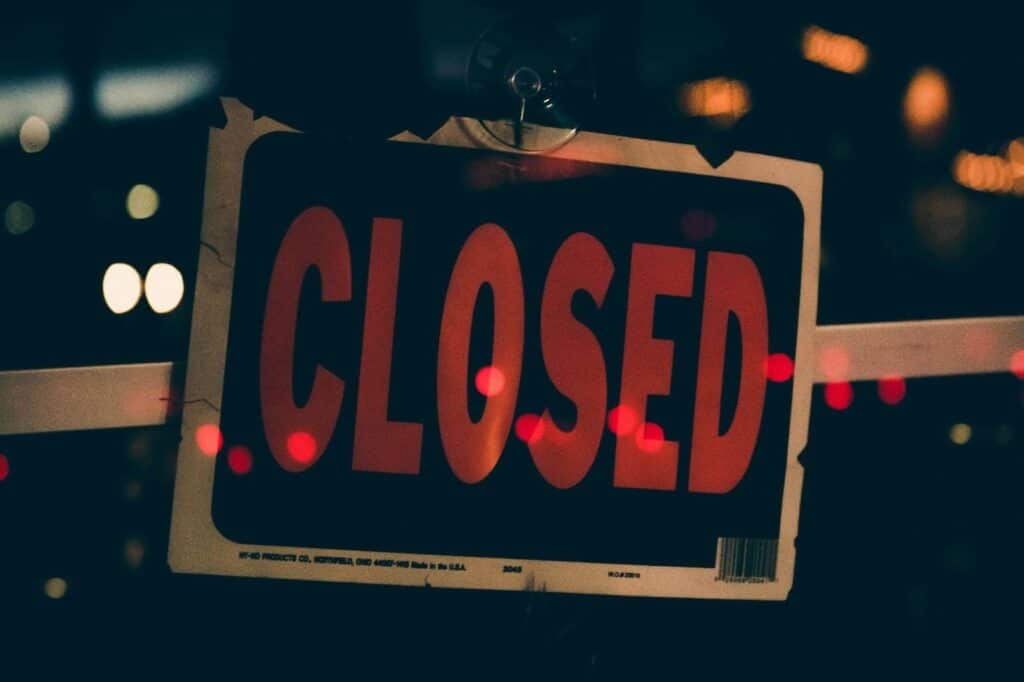
Loss of Gross Revenue
This covers the loss of your business revenue or income after a business interruption incident. It helps replace lost income and often includes increased costs of working. This coverage is considered most suitable for businesses in the service industry.
Loss of Gross Profit
This coverage is similar to loss of gross revenue except it focuses on the business’s expected profit. However, it is harder to calculate and can lead to issues of underinsurance. Nevertheless, it covers the loss of net profit after a business interruption and any increased cost of working.
Civil Authority Coverage
Civil authority coverage protects your business in situations where government mandates force you to close down. The coverage also applies if the mandate doesn’t shut your business down but hinders or reduces its operations.
What Does Business Interruption Insurance Cover?
The specifics of your coverage will depend on your insurer and your insurance policy. Nevertheless, the average business interruption policy covers the following:
Revenue/Profit
Your insurer will reimburse either the revenue or profit your business would make if it were still open for business. This figure will be based on your previous financial reports.
Fixed Costs
The fixed costs associated with running your business such as mortgage, lease, taxes, and even loan repayments will be covered. This also includes other incurred costs of carrying on your business that you cannot avoid.
Relocation Costs
Many business interruption policies cover the cost of relocating your business and the extra expenses of running it from the new location. For instance, you may move salvageable inventory to a new location and run your business from there.
Payroll
Your employees will expect their payments notwithstanding the interruption your business has suffered. Therefore, your insurance policy will cover their payroll. This can help you retain your employees until your business is running again.
Training Costs
Your employees may need some training to learn how to use new equipment, especially if you relocate your business. Your insurance policy may cover the cost of training them.
Certain Extra Expenses
Your insurer may reimburse extra expenses that you’ve incurred in order to keep your business running. However, these extra expenses must be reasonable and related to the business.
What is Excluded From Business Interruption Insurance?
A business interruption insurance policy cannot cover every contingency. Your policy may have the following exclusions:
Interruption From Excluded Perils
Certain perils such as floods and earthquakes require a separate insurance policy. Interruption from communicable diseases like COVID-19 is also excluded. Therefore, if these excluded perils interrupt your business, your insurer will not reimburse you.
Utilities
Business interruption insurance does not cover any utilities that your business uses. For example, your insurer will not cover gas or water payments. This is because these utilities are usually shut off when the building is undergoing restoration.
Undocumented Income
Any income you do not include in your business’s financial records will be excluded from your settlement. Therefore, when submitting your financial records, ensure you include any extra income you’d like your insurer to cover.
Permanent Discontinuation of Business
Business interruption aims to provide financial coverage until the business can resume running. However, if a liquidator has been appointed or you permanently discontinue your business, your policy will not activate.
Property Damage
Commercial property insurance covers physical damage to your business building. Therefore, business interruption policies do not cover damage to buildings and other items as they will be covered under property insurance.
How Much Does Business Interruption Insurance Cost?
Business interruption insurance is often purchased as part of an entire insurance package such as a Business Owner Policy. Therefore, it is difficult to estimate a specific cost. Nevertheless, it may cost as low as $40 and as high as $130 a month.
Factors such as your business location and your industry will affect your insurance cost. For instance, a grocery store has fewer risks associated with it than a construction company. Therefore, the construction company will likely spend more on a business interruption insurance policy. Additionally, your revenue will affect your cost because the more revenue you earn, the higher your premium will be.
How Do You Calculate a Business Interruption Claim?

It is key to accurately calculate costs when filing a business interruption insurance claim. This will help you avoid denied or underpaid claims. However, this calculation is not as straightforward as it seems. Therefore, consider hiring a public adjuster after filing your business interruption claim to avoid costly mistakes.
Here is how you can calculate your business interruption claim:
Determine the Period of Restoration
Your insurance provider will only pay for lost income during the period of restoration. The restoration period refers to how long it’ll take for the restoration company to repair or rebuild the damaged property. Therefore, your calculations for any expenses you can claim under your policy should depend on the period of restoration.
For instance, let’s say it is going to take three months to restore your building. Your calculations should be based on that timeline. If you want to calculate your expected revenue, it should be your expected revenue for three months.
Determine Your Expected Revenue
You should know how much your business would have earned if the interruption never occurred. This is what determines your insurance settlement. Go over your financial statements from the last 12 or even 24 months to get an accurate figure. Keep certain factors such as your business’s growth and current season in mind when calculating. These factors often lead to an increase or decrease in business revenue.
Calculate Lost Profit
You need to know your avoided costs to calculate your lost profit accurately. Subtract avoided costs from expected revenue to get your lost profit.
Avoided costs include direct costs and saved expenses. Direct costs are expenses that you incur to generate your revenue. They are usually business operation costs such as the purchase of business materials.
Saved expenses are expenses that you won’t incur because your business is not currently operating. For example, you will not have to pay electricity, water, or other utility bills because your business isn’t running.
Add Your Lost Profit or Expected Revenue and Extra Expenses
Whether you need to use your lost profit or expected revenue for the calculation depends on your business interruption coverage. The total of your lost profit/expected revenue and extra expenses will be your business interruption loss. This would also likely be your settlement.
The extra expenses may be loans, mortgage payments, rent, employee payroll, and other expenses that your policy covers. Ensure you total all these expenses to get a well-rounded figure. You can then determine the accuracy or otherwise of your settlement based on your calculation.
Conclusion
Business interruption insurance provides needed financial support for a business owner during trying times. It ensures that a business does not completely shut down after facing challenges. However, every business owner should thoroughly examine their policy to avoid underinsurance issues down the line.
A public adjuster is the best way to enjoy your business interruption insurance policy. When choosing one, opt for a reputable and experienced adjusting company such as On-Site Adjusting. Schedule a call with us today for a smooth claims process.

